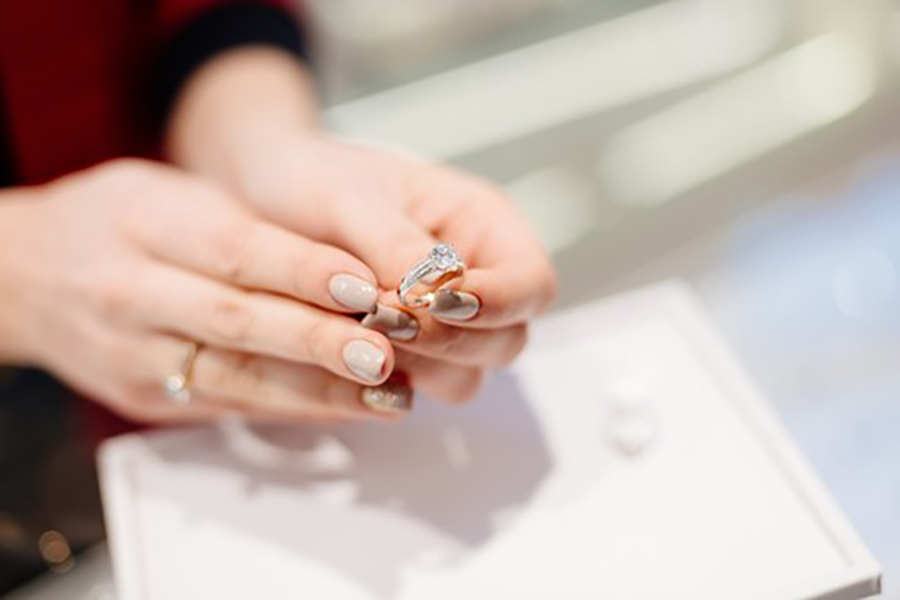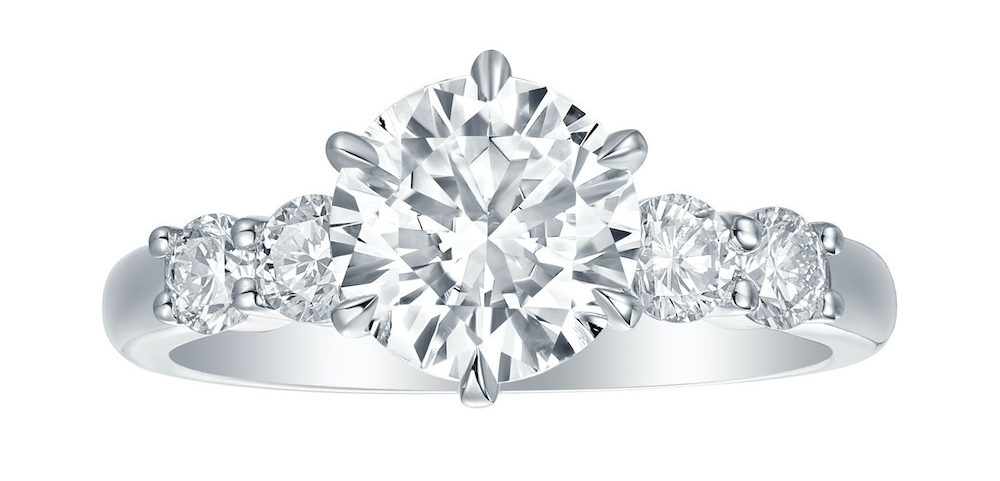Sponsored Content
Tips To Avoid Misleading Your Customer
Wade Abel, CG, Director of Gemology, American Gem Society
The jewelry industry, its terminology, and gemstone treatments are constantly evolving. It is important to keep up to date to be sure you and the team members in your business have the knowledge and resources for success. Like any profession or professional in their field, learning is a continuous process.
While it is a given that intentionally misleading customers is not good business practice, without appropriate knowledge and understanding of what is being sold, there is a potential for unintentionally misleading a customer. This can be from inappropriate advertising, lack of disclosure, or miscommunication on the salesperson’s part.
Consequences can range from a lowered reputation to legal issues. Providing accurate information and education at the sales counter helps build trust, which has multiple benefits, including retaining long-term clients.

MISUSE OF GEMSTONE NAMES
The customer must understand the characteristics of the jewelry they purchase. The true identity of the material needs to be disclosed and included in the sales conversation, including gemstone simulants. There should never be potentially misleading language regarding the identity of gem material, including the use of common gemstone names (i.e., “ruby,” “emerald,” “diamond”) unless it is a genuine gemstone of that type. An example would be advertising a ring with green glass as an “emerald-colored gemstone.” Further, if the stone is laboratory-grown, meaning it has the same chemical makeup as its natural counterpart, the laboratory-grown origin must be included in the description. Advertising an item without following these guidelines is misleading. Informing the customer will help them appreciate the purchase regardless of the material.
NOT DISCLOSING TREATMENTS
Treatments in gemstones are required to be disclosed. Although most colored gemstones can be treated in some way, this should not be taken for granted. Treatments, or potential treatments, should be discussed with the customer so that they understand that colored gemstones can be treated to improve their appearance. The permanence of any treatment should be relayed, as not all treatments are permanent. This leads to special care instructions that should be communicated to the customer to protect the gemstone. Of course, this applies to diamonds as well.
LABORATORY-GROWN DIAMOND DISCLOSURE
The Federal Trade Commission (FTC) requires disclosure that a laboratory-grown diamond is laboratory-grown. Beyond that, the terminology used to describe a laboratory-grown diamond is important. There are speci c guidelines outlined by the FTC that address this. (FTC Guideline 23.12) The FTC has also determined that laboratory-grown diamonds are considered diamonds; therefore calling them fake or faux is not appropriate. To be able to provide disclosure, it’s important to understand the details of what is in inventory.

If you are unsure that diamonds in a piece of jewelry are not indeed natural, there are steps to take to ensure proper disclosure:
1. Use diamond screening equipment to screen inventory before a sale. When considering what screening instrument(s) to use, the accuracy of this equipment is ultimately important.
2. Communication with suppliers can increase confidence. Ask for a written statement that the supplier will not knowingly include laboratory-grown diamonds in the product unless disclosed.
3. Further, a supplier can reassure the retailer that this would not occur and put processes in place to avoid the possibility, including diamond screening policies.
With these safeguards, your policies can be communicated to the customer, increasing con dence. More importantly, steps will be in place to avoid unintentionally misrepresenting a product. The customer needs to understand exactly what they are purchasing. Information and a little education go a long way! It reinforces trustworthiness, which is paramount in this industry.
Smiling Rocks
14K.60ctw retro bridal ring in
Lab Grown Diamonds
MSRP $3,999
212.596.4163
American Gem Society (AGS) members must adhere to a Code of Ethics that helps increase customer con dence in their shopping experience. AGS titleholders have professional credentials that prove they are up to date with industry developments and regulations because they must recertify annually with education and an exam. Overall, it comes down to understanding the guidelines that need to be followed and a knowledgeable sales team that can incorporate clear, accurate, and honest communication to help inform the customer. This promotes consumer protection and integrity in the industry and helps customers appreciate their purchase.


